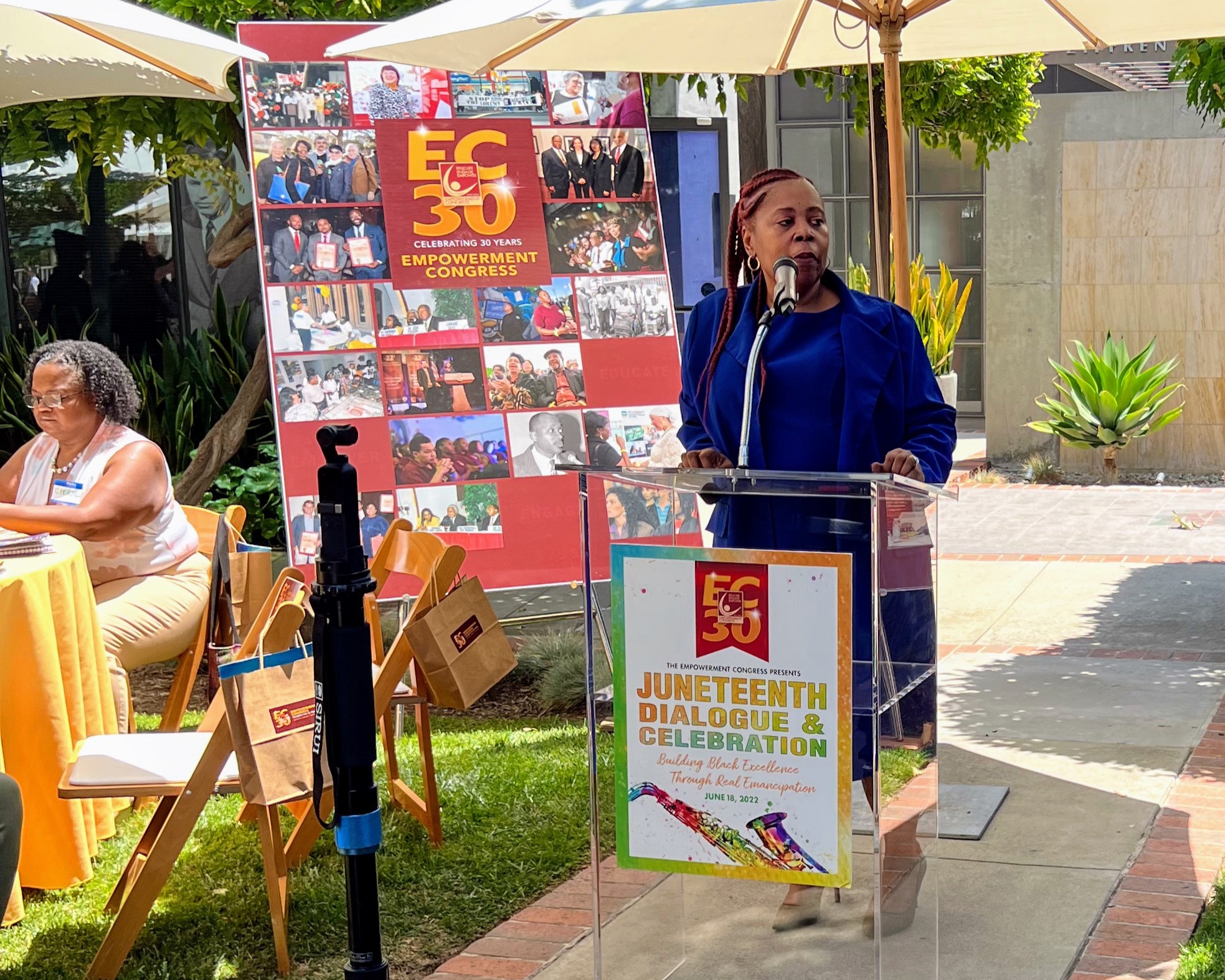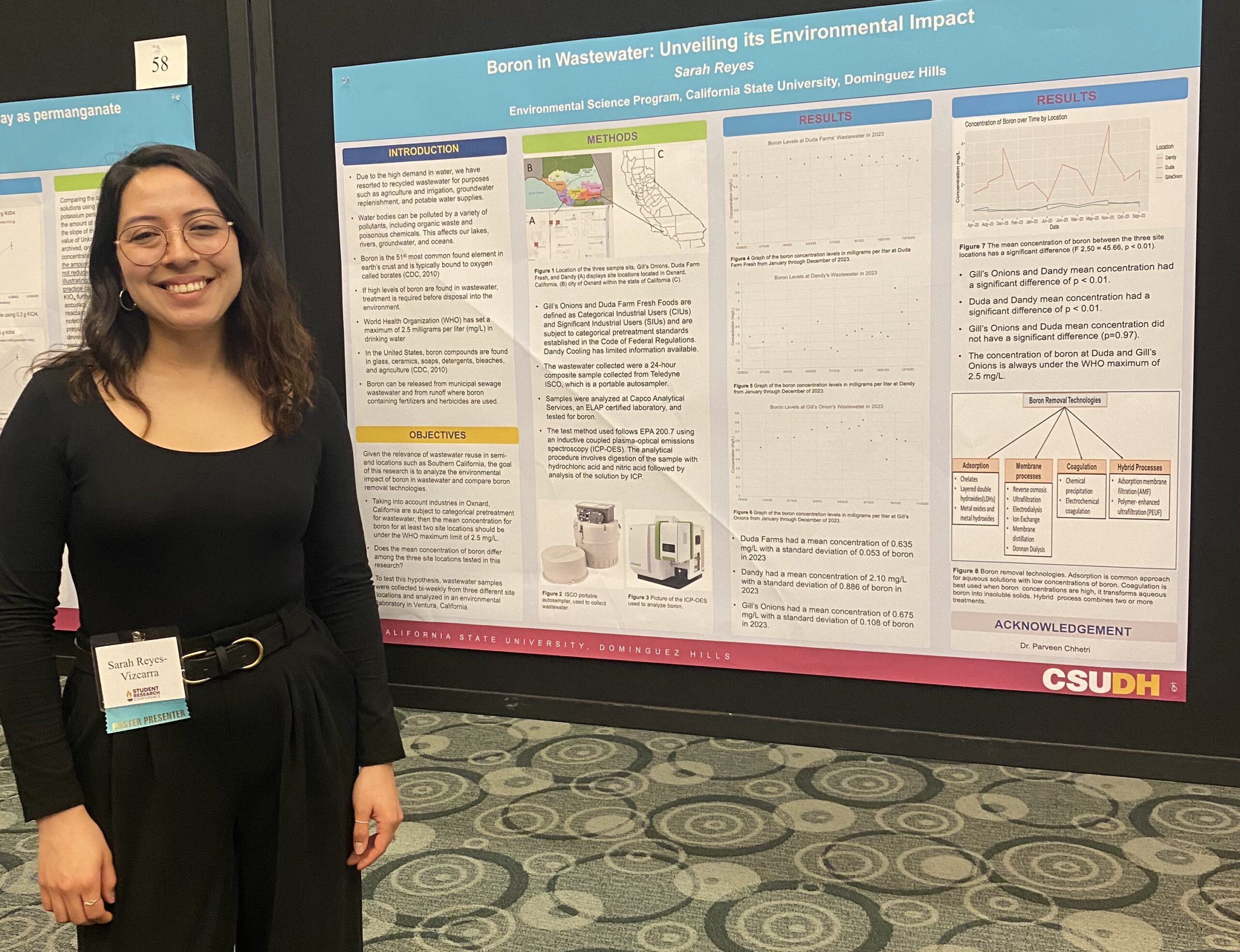Director, cast share insights into latest University Theatre production
Poverty, trauma, and the impact of gentrification – these are just some of the themes explored in Katori Hall’s “Hurt Village.” The New American play is gearing up for an 8-day run at the University Theatre.
Directed by actor, producer, and theatre arts lecturer Jozben Barrett, “Hurt Village” follows 13-year-old Cookie, an aspiring rapper in Memphis, TN, who lives in the titular housing project with her mother, Crank, and great-grandmother, Big Mama. The family’s plan to relocate from the Hurt Village community is interrupted when Buggy, Cookie’s father and a Marine veteran, returns home from his service duty in Iraq.
Barrett described the play as “hard.” He said it was challenging to get the cast to live in the truth of the characters they are portraying, despite not being like the characters. Despite their differences, the cast was able to work on becoming their characters.
“Because [the character] is so far from themselves they’re like, ‘I don’t know how to do this.” Barret said.
Senior psychology student Zainab Yusuf plays Cookie’s neighbor Toyia. Yusuf described Toyia as a lively character, whose brash and extroverted attitude is the opposite of her real-life personality.
Yusuf recalled how the alter ego she found in Toyia helped foster a love for playing the character. She said she worked on getting out of her comfort zone and “letting [herself] loose out there” on stage.
“Once I did that, I feel like I embodied Toyia more as a character,” Yusuf said.
The role of Buggy is played by Cleveland Fairman III, a sophomore theatre student. Fairman said he was initially worried about being cast in his first lead role. But as Fairman dived deeper into Buggy’s character and tried to understand his experience as a war veteran, he started feeling more confident and comfortable in the role.
“As time went on, [Jozben] was like, ‘Just stop being you’,” Fairman recalled. “Stop playing him like a protagonist because you keep doing that. Stop playing him like a hero. He’s not a hero.”
Junior theatre student Jabari Williams Jr., who plays local drug dealer Tony C, said he tries to avoid “bad” characters like Tony because he’s played similar roles in the past. Williams Jr. said he steps into a dark place to help prepare to play these types of characters.
“Just show them this side of you – show them this character and bring it to life,” Williams Jr. said. “And then once the director says you’re done, you’re back to normal.”
Barrett, the director, said that this production has been in motion since this time last year when he selected “Hurt Village” from one of the four plays brought to the play selection committee. He described the importance of choosing this work for Black students.
“It’s not often that we have a large Black population of theatre students on our campus, so I wanted to find a play that utilizes a large cast,” Barrett said. “I think it’s important for Black students to get an opportunity to play Black characters before they leave college.”
Barrett was also drawn to the material because he saw an opportunity to bring more works by Black playwrights into the American theatrical canon by introducing them at an educational level. He spoke about how African-American plays are hyphenated as “African-American” as opposed to just “American.”
“I want to bring other Black playwrights who are 100-percent American and expose their work to the community,” Barrett said.
The actors in “Hurt Village” were cast last November and used the winter break to research their characters and the Memphis dialect, Barrett said. When the cast and crew reconvened, they started their seven-week rehearsal process with “ensemble building.”
“It’s really really important for me that they’re not having standout performances, but the real standout performance is the story itself,” Barrett said.
While Barrett said that most of his directing techniques and slogans are borrowed from people he admires and respects, the way he teaches is still different. “It’s like I’m taking all these ingredients and I make it my own gumbo.”
“Hurt Village” takes the stage at the University Theatre from now until Mar. 2. The play has a second run from Mar. 6-9. Due to the nature of the play, Barrett said audiences can expect to be moved in ways they might not necessarily have expected from a college production. He described this “slice of life” play as intimate, as it takes audiences through the highs and lows of the lives of the characters that are brought to life by the devoted cast of “Hurt Village.”
“I think [audiences] can expect to have a conversation with somebody after the show because they’ll definitely have thoughts about it.” Barrett said. “Whether it’s positive or negative – it might be very controversial, but they will have an opinion.”



